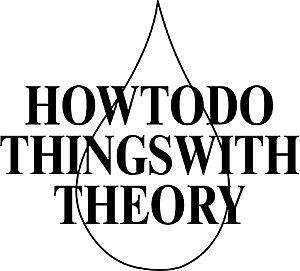Maxima Smith: The Confessional and the Performative: Tracing the Cameras Search for “Authenticity”
Thesis Advisor: Ana Teixeira Pinto
Thesis: The Confessional and the Performative: Tracing the Cameras Search for “Authenticity,” Amidst the Merging of Public and Private Realms, from Cinéma-Vérité to Reality TV
May 2023
Abstract
This thesis draws parallels between cinéma-vérité’s most renowned film Chronique d'un été and Reality TV, against the backdrop of the wider political landscape of this 60 year period, as a way of tracing the cameras search for “authenticity,” and the changing attitudes towards the relationship between public and private realms. Alongside this development, I consider the ethics of ethnographic photography, and the work of Luke Willis Thompson, Andy Warhol and Sam Taylor-Johnson in order to understand my role of being both in front of and behind the camera as a moving-image artist. I pay particular attention to the power dynamics at play when a camera is present, noting the “observer effect,” and explore how this is compounded by other dynamics such as race, gender and class in order to question the ethics of image capture. Drawing on the work of Zygmunt Bauman, Laura Grinstaff, Julia Kristeva, James. C Faris and Rachel Sykes, I move between scenes from Chronique d'un été and Reality TV to demonstrate their similarities in utilising the performativity of confession, “the money shot,” and breaking the fourth wall to construct authenticity. This trajectory leads me to considering the feedback loop between Reality TV and social media that encourages us all to perform our personal lives as spectacle for a perceived public. Ultimately I arrive at the term “radical sharing” (of which I tentatively position my moving-image practice) as a form of oversharing that operates in the margins, outside of the spaces of power and control, taking inspiration from the 1960s radical social movements to share intimately, in the spirit of trust and solidarity, and in a way that punctures notions of bourgeois civility through forcing the private into the public sphere.
Author: Maxima Smith


